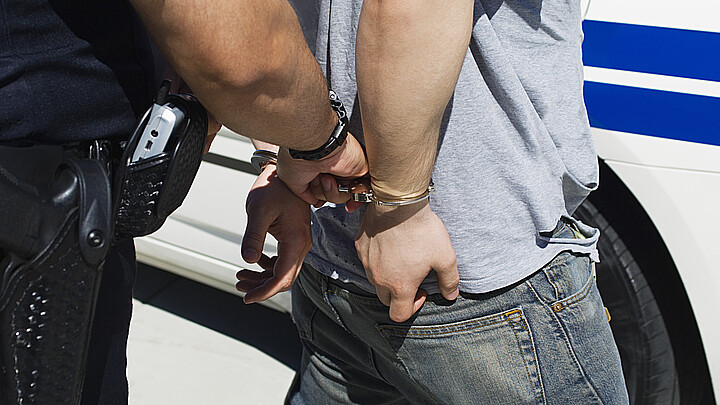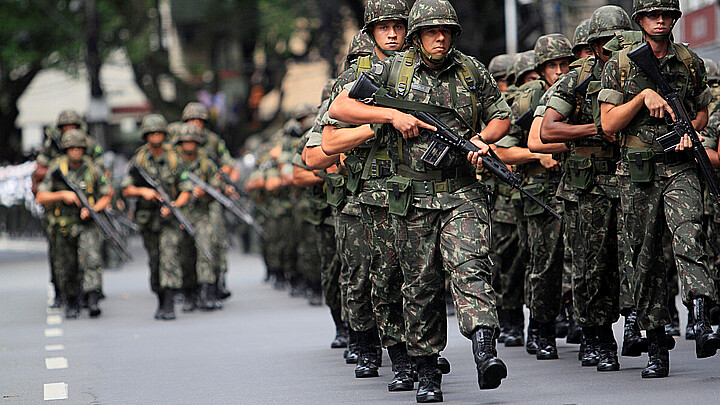Crime
El Salvador police allegedly lie to meet daily gang arrest quotas
According to several sources, there are many times when authorities do not have proof that those arrested belong to a gang
April 14, 2022 5:29pm
Updated: April 15, 2022 11:36am
National Civilian Police commanders in El Salvador claim that they are pressured to meet daily arrest quotas as the government continues to crackdown on gangs, reported The Associated Press.
According to Marvin Reyes, a representative of the Salvadoran Police Workers Union, the daily arrest quotas could lead to an increase in arbitrary arrests. Commanders are already asking their officers to give “false statements” about individuals who have been arrested, regardless of whether they are gang members or not, he added. Some commanders also threatened their officers with transfers if they failed to deliver the quotas.
On March 26, Bukele declared a state of emergency in the country after the number of homicides in the country increased dramatically. In only four days, 89 people were killed in four days compared to 79 homicides in all of February.
Under the drastic measure, the government has limited freedom of association and suspended constitutional protections. Additionally, El Salvador’s Congress approved reforms to the country’s penal code on March 31 to increase jail time for gang members and for minors to be tried as adults.
According to President Nayib Bukele, the government has arrested 11,000 suspected gang members in 19 days.
Más de 11,000 terroristas capturados en solo 19 días.
— Nayib Bukele (@nayibbukele) April 14, 2022
Seguimos…#GuerraContraPandillas https://t.co/ymd0aJxwy0
Yet, according to news outlet El Espectador, there are many times when authorities do not have proof that those arrested belong to a gang.
"They confuse the just for sinners. It's good that the police do their job, but it's unfair that they also take the workers and, worse, treat them like animals," Carmen Rodriguez, a woman who saw her husband, brother, and nephew arrested while unloading goods from a truck, told The Guardian.
Similarly, Rosa Lopez said police forcibly entered her house in La Libertad and arrested her cousin. “The police didn’t ask, they just entered the house and took him away. They were crazy that day, capturing everyone … It is terrible what they are doing to him and to us. It is not only unfair but it is also illegal,” said López.
In Cinquera, a town of around 1,000 people, police were told to arrest 30 people without looking for evidence of their ties with gangs, Reyes continued. “They’re doing it, knowing perfectly well that there are no gangs in Cinquera.”
Despite the real concerns regarding gang-related crime in the Central American country, the “situation with the state of emergency shouldn’t lend itself to abuses like the ones we’re exposing,” Reyes concluded.










